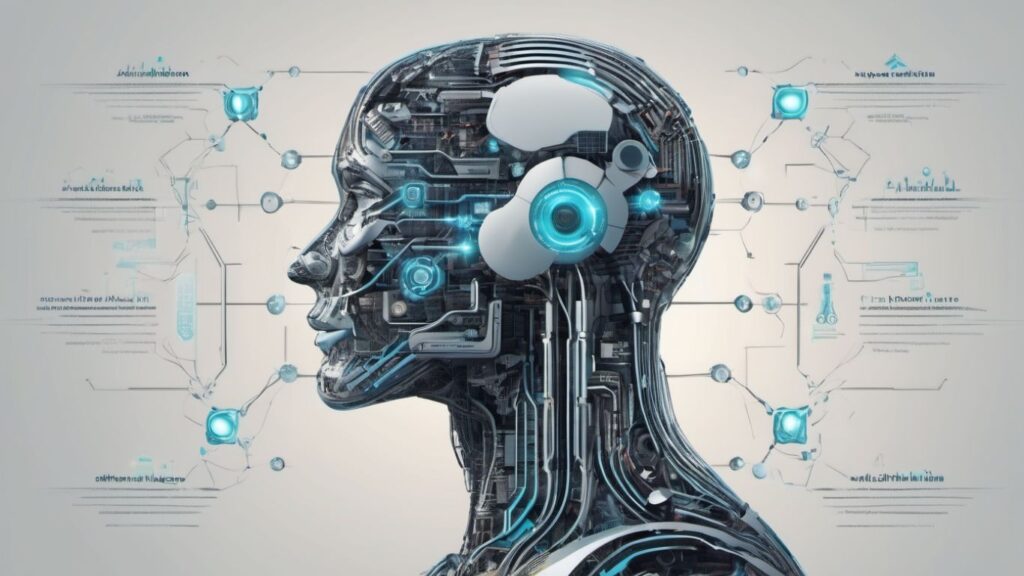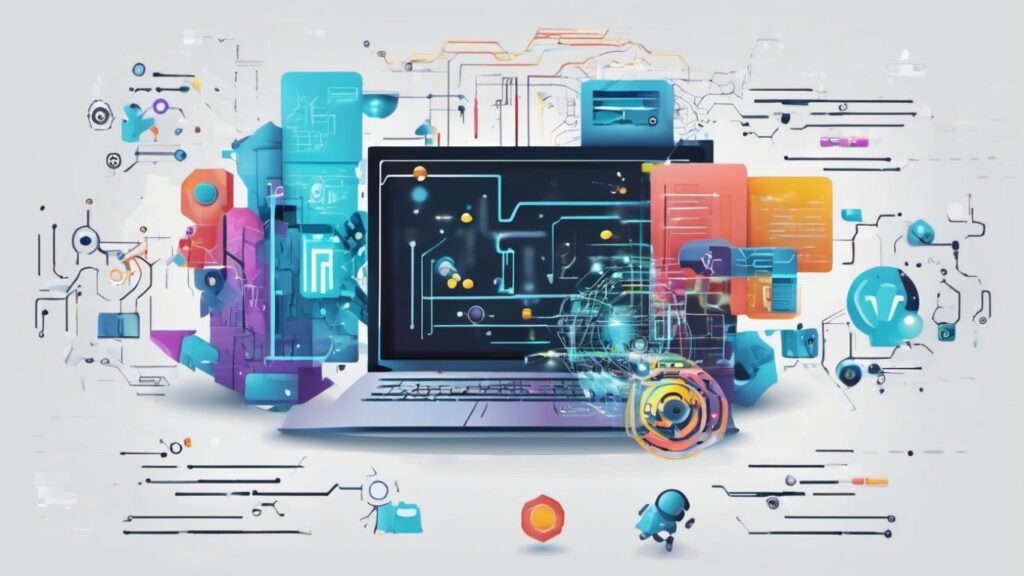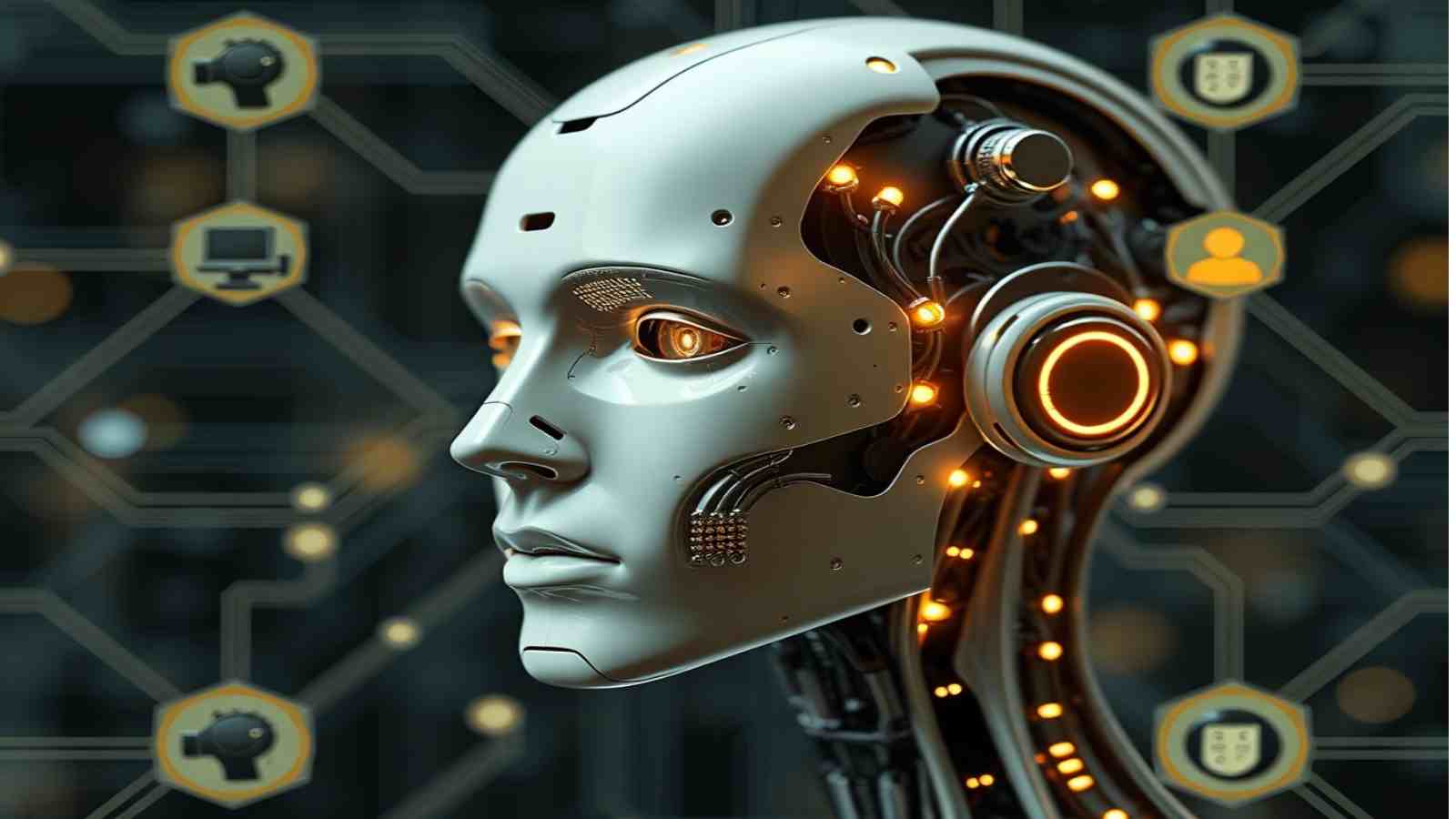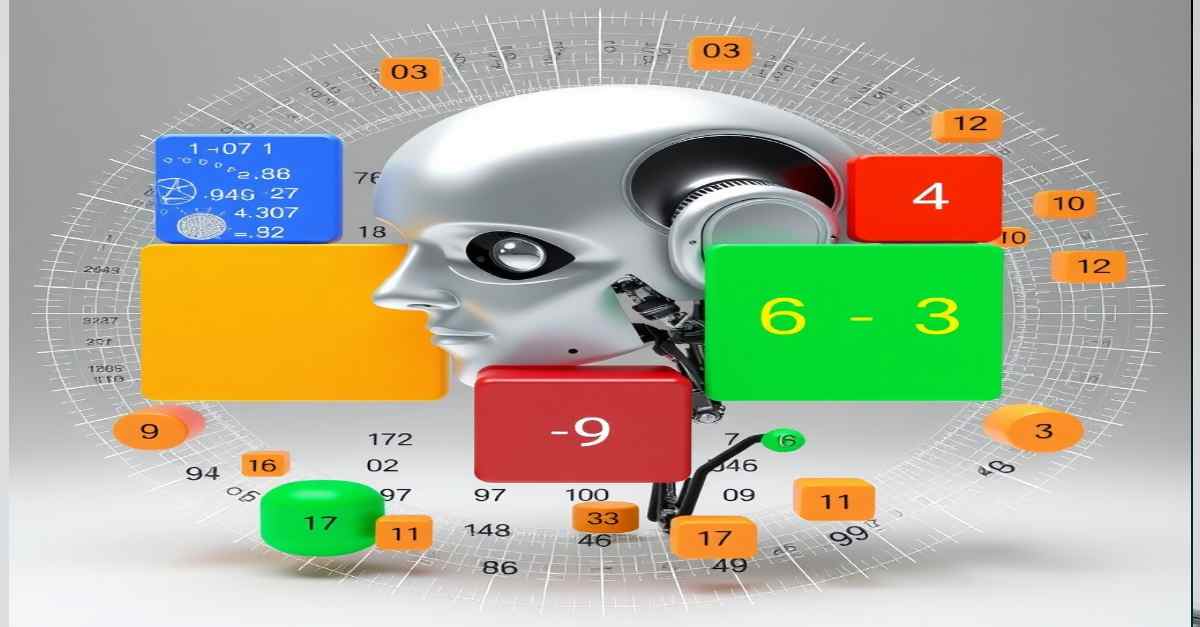Artificial Intelligence (AI) in computing refers to the creation of intelligent machines that can simulate human cognitive processes, such as problem-solving and learning. These systems use data and algorithms to analyze complex information, learn from it, and make decisions or predictions. AI has evolved significantly since its inception, impacting various aspects of our lives and industries.
Historical Milestones
The concept of AI has a rich history marked by several key milestones:

- The Dartmouth Conference (1956): This event marked the formal beginning of AI as a field of study, where the term “artificial intelligence” was first coined.
- Logic Theorist (1955): Developed by Allen Newell and Herbert A. Simon, this was the first AI program, laying the foundation for problem-solving and learning in AI.
- Expert Systems and Symbolic AI (1970s-1980s): Focused on knowledge representation and reasoning, these systems aimed to replicate human expertise in specific domains.
- AI Winter (1980s): A period of reduced funding and interest in AI due to unmet expectations, leading to a slowdown in research and development.
- Resurgence of AI (Late 1990s): With advancements in statistical learning, big data, and more powerful processors, AI experienced a revival, leading to breakthroughs in machine learning and deep learning.
- Milestones in Machine Learning: IBM’s Deep Blue defeated world chess champion Garry Kasparov in 1997, and AlphaGo, an AI program developed by Google DeepMind, defeated human Go champions in 2016.
- Modern Advancements: Ongoing developments in natural language processing, computer vision, and reinforcement learning have further integrated AI into various industries.
Applications of AI in Computing
AI applications in computing are diverse and impactful. Here are a few notable examples:
- Chatbots for Customer Service: AI-driven chatbots handle customer queries and provide support, improving customer experience and reducing human workload.
- Predictive Analytics in Healthcare: AI analyzes medical data to predict early disease detection, enhancing patient care and outcomes.
- Personalized Recommendations: AI algorithms recommend products and content in online shopping and streaming services, tailoring experiences to individual preferences.
- Fraud Detection: AI systems monitor financial transactions to detect and prevent fraudulent activities, safeguarding user data and funds.
- Autonomous Vehicles: AI powers self-driving cars, improving transportation safety and efficiency.
Real-World Impact
AI in computing brings several real-world benefits:

- Automation: By automating repetitive tasks, AI frees up human resources for more strategic activities.
- Efficiency Improvements: AI optimizes processes, reducing time and resource consumption.
- Personalization: AI enhances user experiences by providing personalized services and recommendations.
Ethical Considerations and Potential Risks
While AI offers numerous advantages, it also poses ethical and societal challenges:
- Privacy and Data Security: AI systems must be designed to protect user data and ensure privacy.
- Bias in Algorithms: Developers must address biases in AI algorithms to ensure fair and equitable outcomes.
- Impact on Employment: AI could lead to job displacement, necessitating retraining and upskilling of the workforce.
- Superintelligence: There is ongoing debate about the potential for AI to surpass human control, highlighting the need for governance and regulation.
FAQs
What is Artificial Intelligence?
Artificial Intelligence (AI) refers to the development of computer systems that can perform tasks typically requiring human intelligence. These tasks include problem-solving, learning, understanding natural language, recognizing patterns, and making decisions.
How does AI differ from traditional computing?
Traditional computing follows predefined instructions to perform tasks, whereas AI leverages algorithms and data to learn from experiences and adapt to new information without explicit programming for each scenario.

What are the major types of AI?
AI is broadly classified into three types: Narrow AI, which is designed for a specific task; General AI, which aims to perform any cognitive task a human can; and Superintelligent AI, which surpasses human intelligence in all aspects.
What are some typical AI applications?
Typical AI applications include virtual assistants like Siri and Alexa, recommendation systems used by Netflix and Amazon, autonomous vehicles, diagnostic systems in healthcare, and automated customer service chatbots.
Is AI safe to use?
While AI provides significant benefits, it also presents challenges such as data privacy concerns, algorithmic biases, and the potential for job displacement. Ensuring the safe and ethical use of AI involves addressing these issues through robust governance, transparency, and fair practices.
How do AI algorithms learn?
AI algorithms typically learn through machine learning, which involves training models on large datasets. These models adjust their parameters based on data patterns, improving their performance over time with additional data exposure.
What is the future of AI?
The future of AI holds tremendous potential for transforming industries, enhancing human capabilities, and solving complex problems. However, to ensure responsible and beneficial development, it will also require careful management of ethical considerations, regulatory policies, and societal impacts.
Conclusion
AI in computing represents a significant technological advancement, enabling machines to perform cognitive tasks that previously required human intelligence. Its evolution, from early milestones to modern applications, has the potential to transform industries, enhance efficiency, and improve the quality of life for individuals. However, it also poses ethical and societal challenges that require careful consideration, ensuring AI’s development and use align with human values and benefit society at large.











